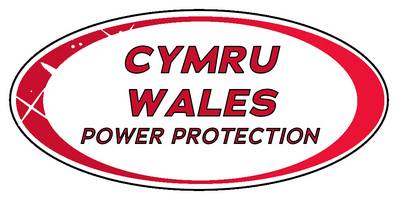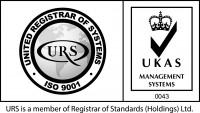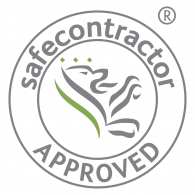Menu
- Home
- About Us
- Product Type
- Product Range
- Riello UPS Sentryum Range
- The Riello UPS Sentryum S3M Series (XTD/ACT/CPT)
- Riello UPS Sentryum S3T Series (XTD/ACT/CPT)
- Riello UPS Sentryum Rack
- Riello UPS Sentinel Pro Range
- Riello UPS Sentinel Dual Range
- Riello UPS System Master Range
- Riello UPS Vision Dual Range
- Riello Next Energy UPS Range
- Riello Multi Power UPS Range
- Services
- kVA Guide
- Blog
- FAQs
- Contact
Close





